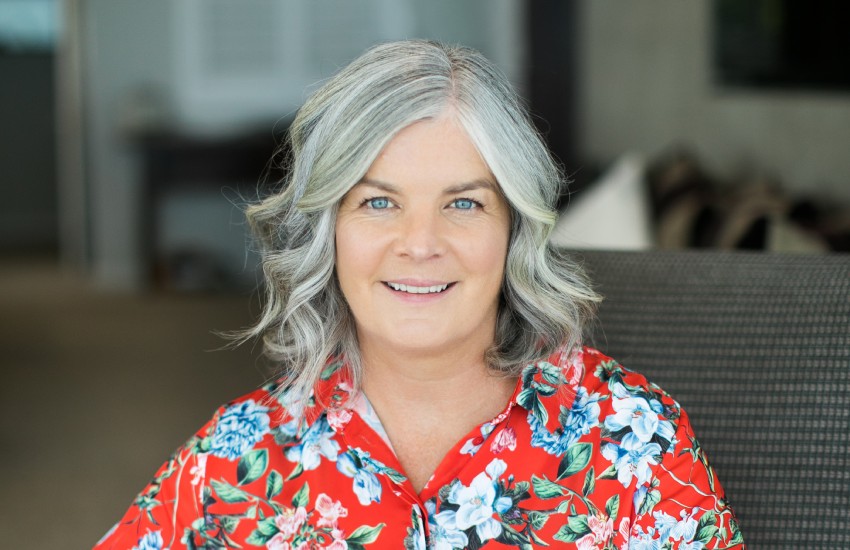You’re out of free articles for this month
Three weeks into their Australian venture, leads are looking healthy, said Beany founder and CEO Sue de Bievre as she looks to capitalise on the surge in demand for accountants amid the pandemic.
“Last year, when New Zealand locked down in March, the growth line just went up — it was dramatic — just up,” she said. “It is a great product for COVID times.”
Ms de Bievre believes that while the Australian and New Zealand markets are inherently different, they share similar frustrations.
“We believe that, fundamentally, the same problems exist in Australia, as they do in New Zealand,” Ms de Bievre said.
“You know, small business owners want value for money; they want quick, responsive compliance. They want to feel like [their accountant] is there and has their back and can provide advice.
“We provide that to all of our clients for a stable monthly fee, which is why we’ve seen such quick early traction in Australia.”
The service, which has also been a Xero partner since 2013, now ranks among the top 2 per cent of the cloud accounting software’s fastest-growing advisers, and services more than 2,000 clients across New Zealand.
Julian Hutabarat, Beany’s newly appointed Australian general manager of Australia, is certain the firm would play well among SMEs in Australia. As a CPA, he said, ultimately, his focus will remain on working with smaller businesses to help them grow.
“For small businesses, it’s really about being able to provide them with access to really good value and quality when it comes to the compliance work, but not stopping at the compliance side,” Mr Hutabarat said.
“But being able to provide small businesses with business advisory work and services that can add value to the client and really to help them grow. So really, that focuses on having a business partner with them.”
The fact that automation plays such a key role in Beany’s business model means that less is demanded from their advisers. It also means that they are able to experiment with a new approach to working with them.
Ms de Bievre said the accounting firm has adopted a pod-style service set-up, where clusters of accountants are assigned to clients, who have the ability to cross over and cover for one another when someone is sick or another on holiday.
“The pod system works really well over here,” Ms de Bievre said. “And if somebody is off sick, then the pod sort of surrounds the client. So if somebody is not there, their clients can contact other pod members to make sure that service is continuous.”
But staffing doesn’t come without its challenges, she said, as Beany becomes the latest player to enter a market at odds with a severe talent shortage, and a heightened flexibility proposition for prospective staff.
“We don’t need as many chartered accountants, but we need really, really good ones,” Ms de Bievre said. “[But there] is this desperate shortage of labour in our profession.
“We can work in a really flexible way. So, people can work from home; they can be raising families.
“So, that’s why the pod system works really well: we can sort of dial people up and dial people down and when they want. And that flexibility means that we’re quite an attractive employer.”

 Login
Login







